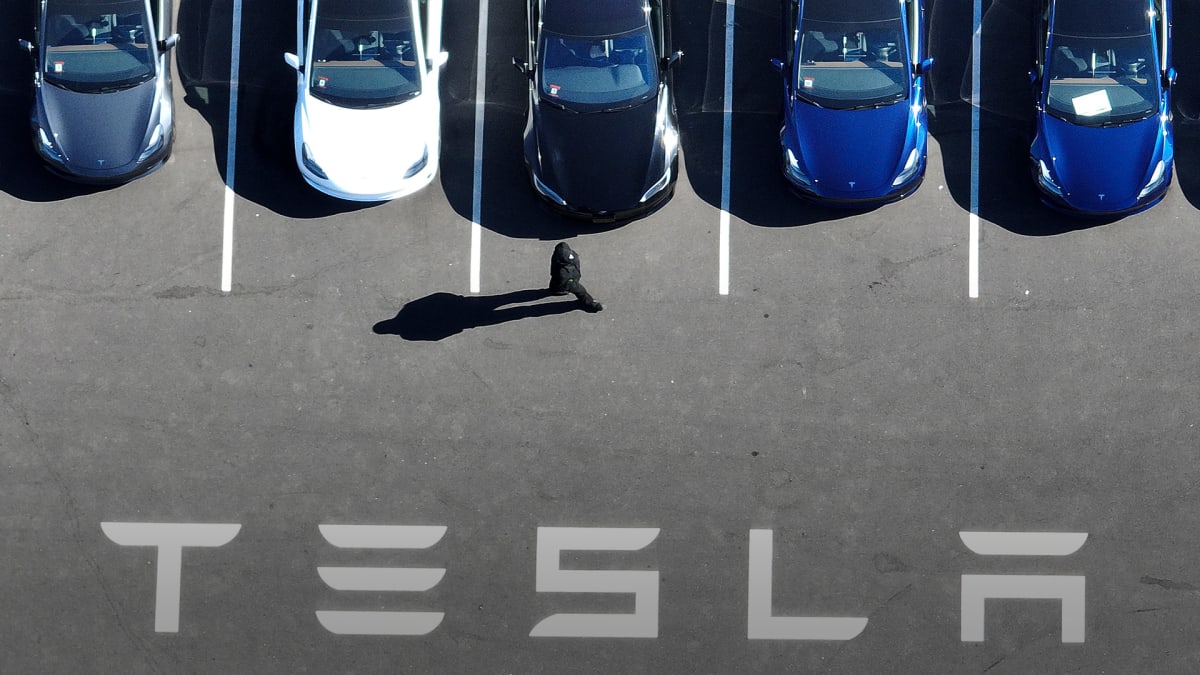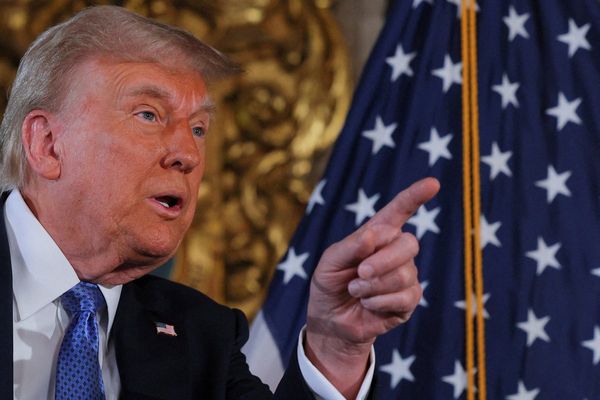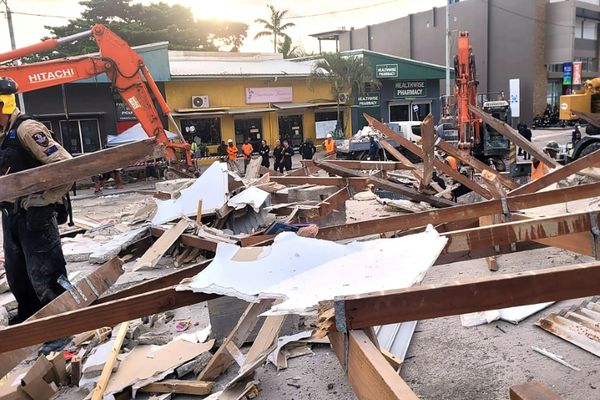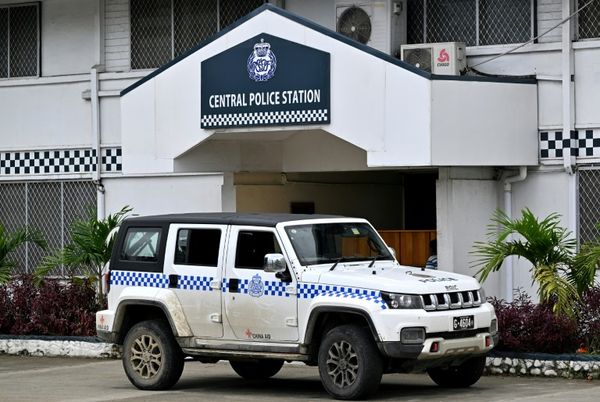
Political tensions between the United States and China have increased in recent months.
The standoff between the first two economic powers is tense.
The flight of the Chinese spy balloon over American territory is, for the Republican camp for example, tangible proof that the Beijing regime represents a threat to the national security of the United States.
On Feb. 28, the White House ordered federal employees and American officials to remove the Chinese application TikTok from their devices. A powerful House committee voted to advance legislation on March 1 empowering President Joe Biden to completely ban the use of the app in the country and crack down on other China-related economic activity.
These tensions are also strained by Beijing's role in the Russia-Ukraine war.
"I Don't See There's Much of the Risk'
All of this is happening even as $690 billion in trade goods between the United States and China was reached in 2022 – a new record high – according to statistics recently released by the US Department of Commerce.
These tensions, say experts, are likely to have consequences for American companies doing business in China. This is the case of Tesla (TSLA), which has a giant factory in Shanghai.
The gigafactory in Shanghai has become the epicenter of production of the Model 3 and Model Y, respectively the Austin company's entry-level sedan and midsize SUV. Tesla aims to at least double its production capacity in this factory, which currently can turn out over 750,000 cars a year. In 2021, more than half the 936,172 cars Tesla delivered worldwide were produced in Shanghai.
As a result, China, the world's largest automotive market, is key to Tesla's goal of producing and selling 20 million vehicles a year by 2030.
The Chinese authorities have also reserved special treatment for Tesla. The automaker is one of the few foreign-vehicle manufacturers that Beijing did not require to form a joint venture to enter the Chinese market.
This pass enabled Tesla to take advantage of tax credits, cheap land and low-interest loans Beijing granted particularly to encourage the population to embrace electric vehicles. Other cities in the country have pollution rates among the highest in the world.
From Volkswagen (VLKAF) to GM (GM), most auto groups wishing to sell or produce cars in China have had to enter partnerships with local players.
Tesla would therefore be one of the automakers that would have the most to lose from an escalation of tensions between China and the United States. It is in this sense that an analyst asked a question to Elon Musk during Tesla's Investor Day held on March 1. The analyst wanted to know what the billionaire thought of the political tensions between the two countries and how Tesla intended to increase its market share in China.
Musk asked Tom Zhu, who is Tesla's head of global production and who until recently ran the automaker's operations in Shanghai, to respond.
Zhu said there was nothing to worry about.
"We created a lot of jobs with the factory and our supplies, and contribute a lot to the local community," the Chinese-born executive said. "As long as we are needed in the country, I don't see there's much of the risk."
A Warning from China
He explained that Tesla had a network of local suppliers unlike other multinationals who are currently looking to diversify their supply chain due to these tensions. According to Zhu, more than 95% of the suppliers at Tesla's Shanghai factory are local.
In addition, Tesla is a big employer in the country.
"We try our best to localize and I think that absolutely gives us an advantage to compete with the all the OEMs around the globe."
OEMs stand for original equipment manufacturers.
As for the demand for Tesla cars in China, Zhu also wanted to be reassuring.
"As long as you offer a product with value at affordable price you don't have to worry about demand," Zhu said. "We try everything to cut costs."
This week, a state-run Chinese publication warned Musk about publicly commenting about the origin of the coronavirus, a sensitive topic in China, according to CNBC's journalist Eunice Yoon.
"#China Communist Party paper warns @elonmusk against pushing #COVID19 lab leak theory," tweeted Yoon on Feb. 28. "@globaltimesnews posts on social media 'Elon Musk, are you breaking the pot of China?' ('Breaking the pot after eating' is Chinese 'biting the hand that feeds you.')"
On Feb. 26, The Wall Street Journal reported that the Department of Energy had concluded in a classified report -- with "low confidence" -- that the covid-19 pandemic begun with a virus leak at a laboratory at the Wuhan Institute of Virology.
Musk seemed to embrace this theory on Twitter.







